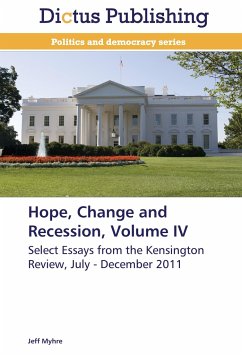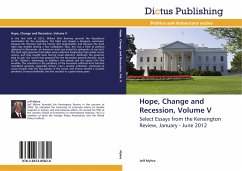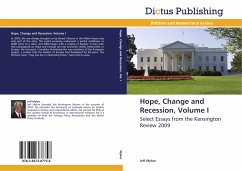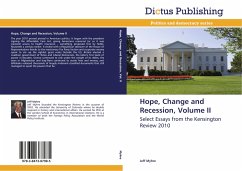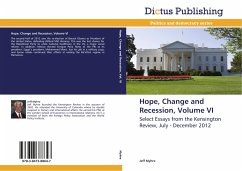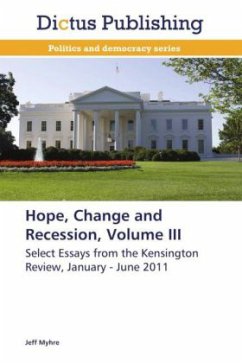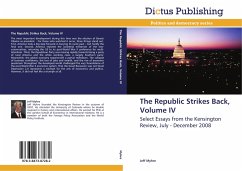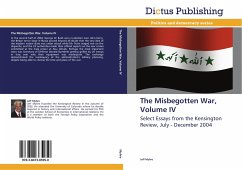By the second half of 2011, the Arab Spring had moved into a particularly violent phase. In Libya, the long reign of Muammar Khadafy came to an end as this own people finally killed him. Syrian dictator Bashir al-Assad resorted to ever-escalating force to retain his throne of bayonets. The optimism of the early days had, by now, passed. Meanwhile, North Korea's Kim Jong-Il died, and the top job in the hermit kingdom passed to his son Kim Jong-Un, a man not yet 30. In Europe, the Greek financial situation continued to threaten the euro; a right-wing madman named Anders Breivik killed more than 70 people in Norway; and Rupert Murdoch tried to halt a phone hacking scandal by closing the News of the World, Britain's most popular newspaper. In the United States, the political shenanigans in Washington helped undermine America's Aaa credit rating; S&P actually lowered the rating a notch. Congress learned nothing and failed to pass necessary financial legislation. Also in this period, Wisconsin's political landscape was altered radically by recall elections sparked by Republican over-reach; the left had begun to fight back at the state level at last.
Bitte wählen Sie Ihr Anliegen aus.
Rechnungen
Retourenschein anfordern
Bestellstatus
Storno

